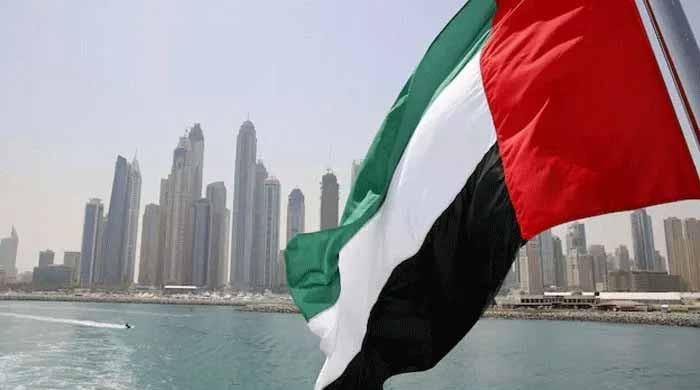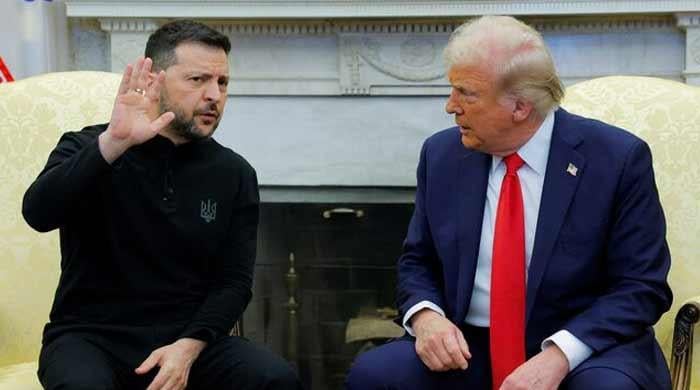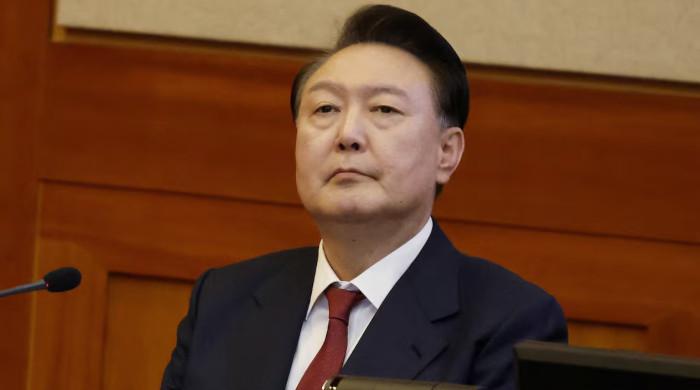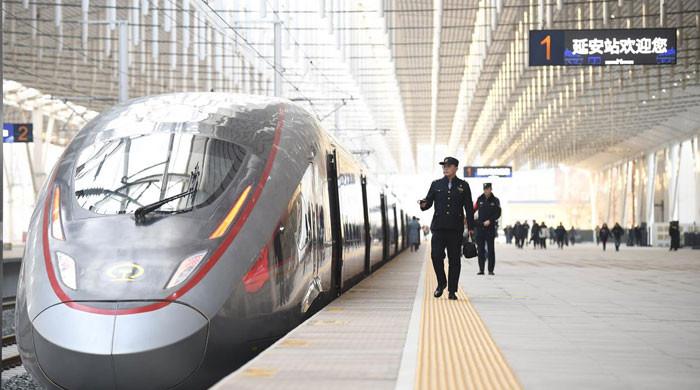Singapore rolls out Pfizer-BioNTech coronavirus vaccine
Singapore has also signed advance purchase agreements and made early down-payments on several other COVID-19 vaccine candidates
December 30, 2020
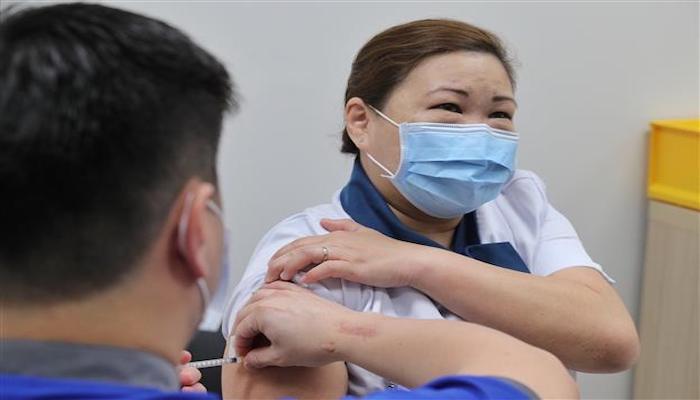
- Singapore becomes first Asian country to approve Pfizer-BioNTech vaccine
- Singapore has also placed advance orders for Moderna vaccine
SINGAPORE: Singapore kicked off Asia's first inoculation programme on Wednesday as it began administering Pfizer-BioNTech's coronavirus vaccine to health workers.
Singapore is the first country in Asia to approve the Pfizer-BioNTech COVID-19 vaccine.
At least 30 staff at the National Centre for Infectious Diseases were vaccinated, the healthy ministry said. They will return for the second dose of the vaccine on January 20, 2020.
Among the firsts to receive the vaccine were a 46-year-old nurse, Sarah Lim, and a 43-year-old infectious disease doctor, Kalisvar Marimuthu.
“Vaccines have managed to bring pandemics down to their knees before. So I am hopeful that this vaccine will do the same,” Marimuthu said in recorded remarks provided by the health ministry.
Singapore has also signed advance purchase agreements and made early down-payments on several other vaccine candidates, including those being developed by Moderna and Sinovac. It expects to have enough vaccine doses for all its 5.7 million people by the third quarter of 2021.
"Safe and effective"
Singapore hopes to complete vaccination coverage by the end of next year, said health minister Gan Kim Yong. “Our priority over the next few months is to ensure that the vaccines that we use are safe and effective, and we are able to roll out this programme to the whole population smoothly and in an orderly manner."
Singapore acted swiftly after the first cases of the virus were reported, and although it was blindsided by tens of thousands of infections in migrant workers’ dormitories, it has reported only a few new local cases in recent months.
In total, only 29 people in Singapore have died from COVID-19, one of the lowest fatality rates in the world. This has led some Singaporeans to question whether they need to take the jabs.
While Gan acknowledged Singaporeans’ concerns over the unknowns of a new vaccine, he said it had met all safety and efficacy requirements based on current data and that the authorities would continue their monitoring.
To show the vaccine is safe, Prime Minister Lee Hsien Loong, 68, said he and his colleagues would be among the first to get the shots. They will be free and voluntary, but the government is encouraging all medically eligible residents to take them.
Wednesday’s vaccinations mark “a new chapter in our fight against the pandemic,” Lee said. “The vaccine is key to living in a COVID-19 world, but it will still be some time before this storm will pass.”




